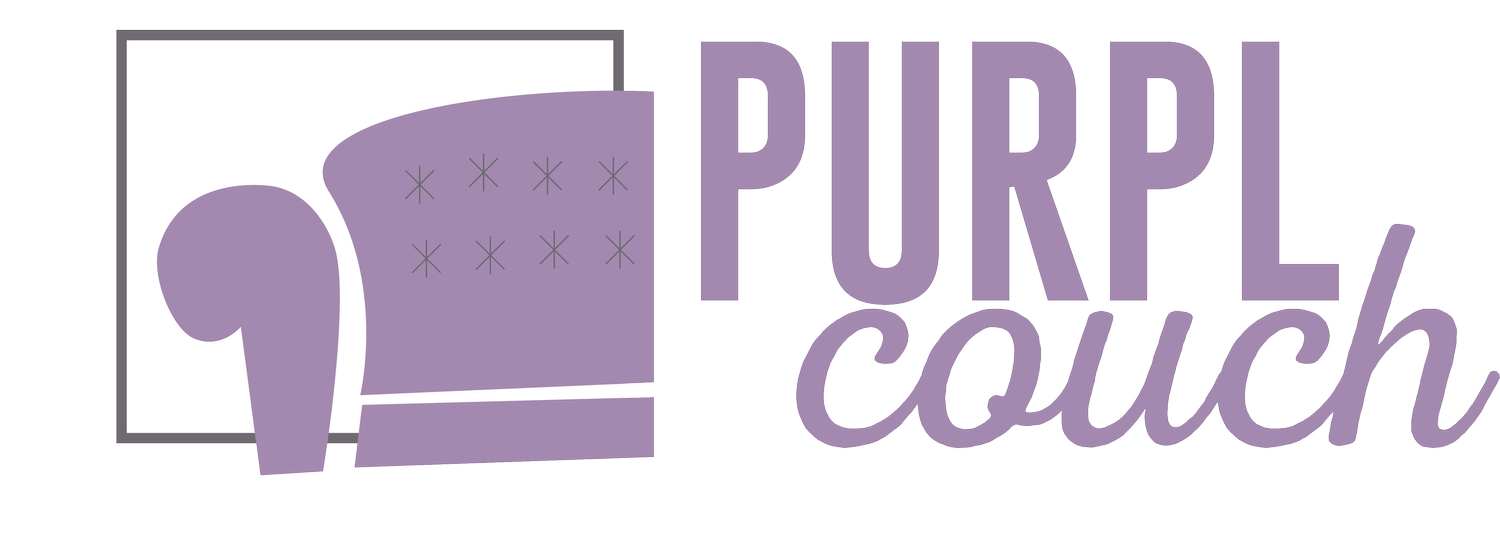Split Your Home 🏘️ In A Divorce
Real estate has been on my mind lately.
These days with the interest rates creeping up and up, you may be wondering how that will affect your decisions around divorce. The joke in my extended family is that we like to “Buy High and Sell Low!” but you’re probably hoping for the opposite, right?
There are several options for divorcing couples who own their home, including a couple surprising ones.
1: Sell the Home
It may be simplest to just sell the thing and split the proceeds.
Pros:
Both parties walk away with a clean slate.
There may be tax benefits to selling before you divorce if filing jointly - ask your tax accountant.
Cons:
If one spouse is not a wage-earner or has a low credit score, they may have trouble finding new housing.
Children may feel uprooted, especially if moving means they’ll need to enroll in a new school.
Any selling costs must be split.
2: One Spouse Buys Out the Other
In this scenario, one spouse buys the other out of their share of the home. This could be done through an actual sale, a cash-out refinance loan, or take on more of the marital debt.
Pros:
Potentially less disruptive for children.
Cons:
May not be possible in cases where the spouse who’s staying cannot get approved for financing on their own.
3: Co-Ownership
It is possible for both spouses to continue to own the property. One party may live elsewhere; or they may both continue to live in the home after divorce (particularly if their finances don’t allow someone to move out).
Pros:
If the market is down, a deferred sale might allow for a more favorable price.
Cons:
This requires a lot of agreement and regular communication: who pays taxes, insurance, repairs? This asset and liability will remain on both parties’ credit scores, so it requires trust, and may affect future purchasing ability.
4: Birdnesting
This is when parents take turns living in the marital home while the children stay put, and can be done whether you rent or own.
Pros:
This creative arrangement works for many people and can reduce the immediate disruption to the children.
Cons:
It is grueling on the parents. It is important to be realistic about how long you can endure this time of transition.
Oof, is all this making your head spin?
I got you. Real estate attorney Richard Fox and I put together a Real Estate & Divorce Flow Chart to answer your questions. Grab it right here, free. 👇


